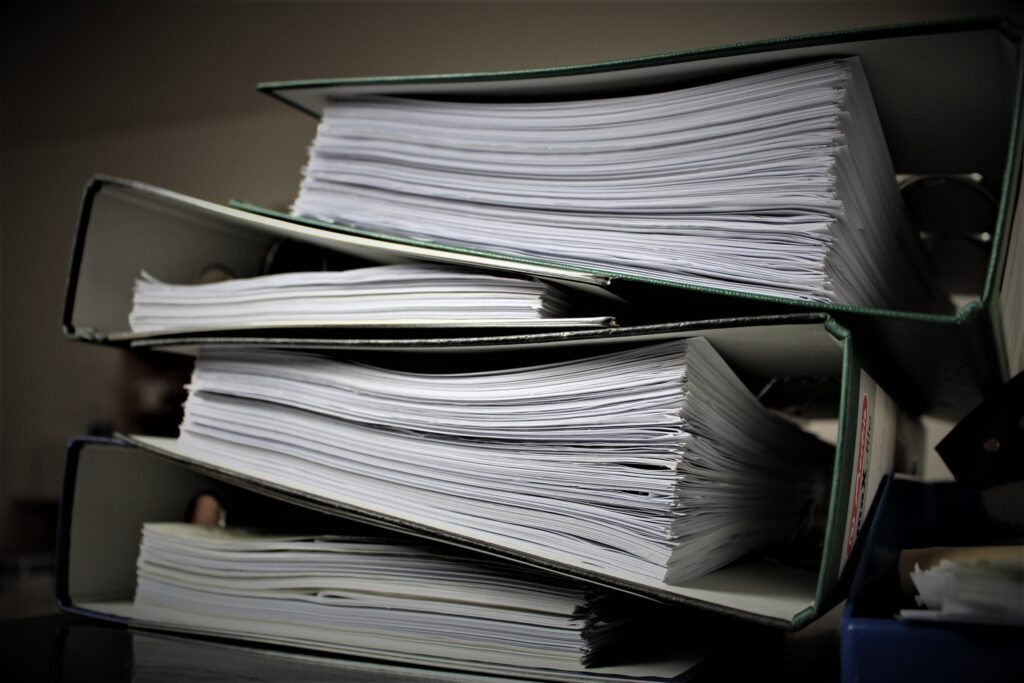You have countless options when it comes to choosing a charitable organization to donate to. You may choose from a variety of donation options, too; you may wish to give cash or to contribute noncash items such as stock, personal property, or real estate. Whatever you donate, once you do the good deed, you owe it to yourself to claim a tax deduction (provided you itemize your deductions).
A key requirement for claiming a deduction is documentation. And precisely what you'll need depends on the type and value of your donation. Here are five things to know about substantiating charitable donations:
- Cash contributions of less than $20 are the easiest to substantiate. A canceled check or credit card statement is sufficient. Alternatively, the organization may provide you with a receipt for the donation, showing its name and the date, place, and amount of the contribution. Bear in mind that unsubstantiated contributions aren't deductible, so you must have a receipt or bank statement.
- Noncash donations of less than $250 require a bit more. You'll need a receipt from the charity. Plus, you typically must estimate a reasonable value for the donated item(s). Organizations that regularly accept noncash donations will usually provide you a form for doing so. Keep in mind that, for donations of clothing and household items to be deductible, the items generally must be in at least good condition.
- The bigger the cash donation, the more paperwork. If you donate $250 or more in cash, a canceled check or credit card statement won't be sufficient. You'll need a contemporaneous written acknowledgement from the recipient organization that meets IRS guidelines. Among other things, a contemporaneous written acknowledgement must be received on or before the earlier of the date you file your return for the year in which you made the donation or the due date (including an extension) for filing the return. In addition, it must include a disclosure of whether the charity provided anything in exchange. If it did, the organization must provide a description and good-faith estimate of the value of the exchanged item or service. Your deduction will be the difference between the total amount you donated and the value of the item or service you received in exchange.
- Noncash donations valued between $250 and $5,000 require still more. For these donations, you might get a contemporaneous written acknowledgement plus written evidence that supports the item's acquisition date, cost, and fair market value. The written acknowledgement must include a description of the item.
- Noncash donations valued at more than $5,000 are the most complicated. Generally, both a contemporaneous written acknowledgement and a qualified appraisal are required - unless the donation is publically traded securities. In some cases, additional requirements might apply, so be sure to let us help if you've made or are planning to make a substantial noncash donation.

